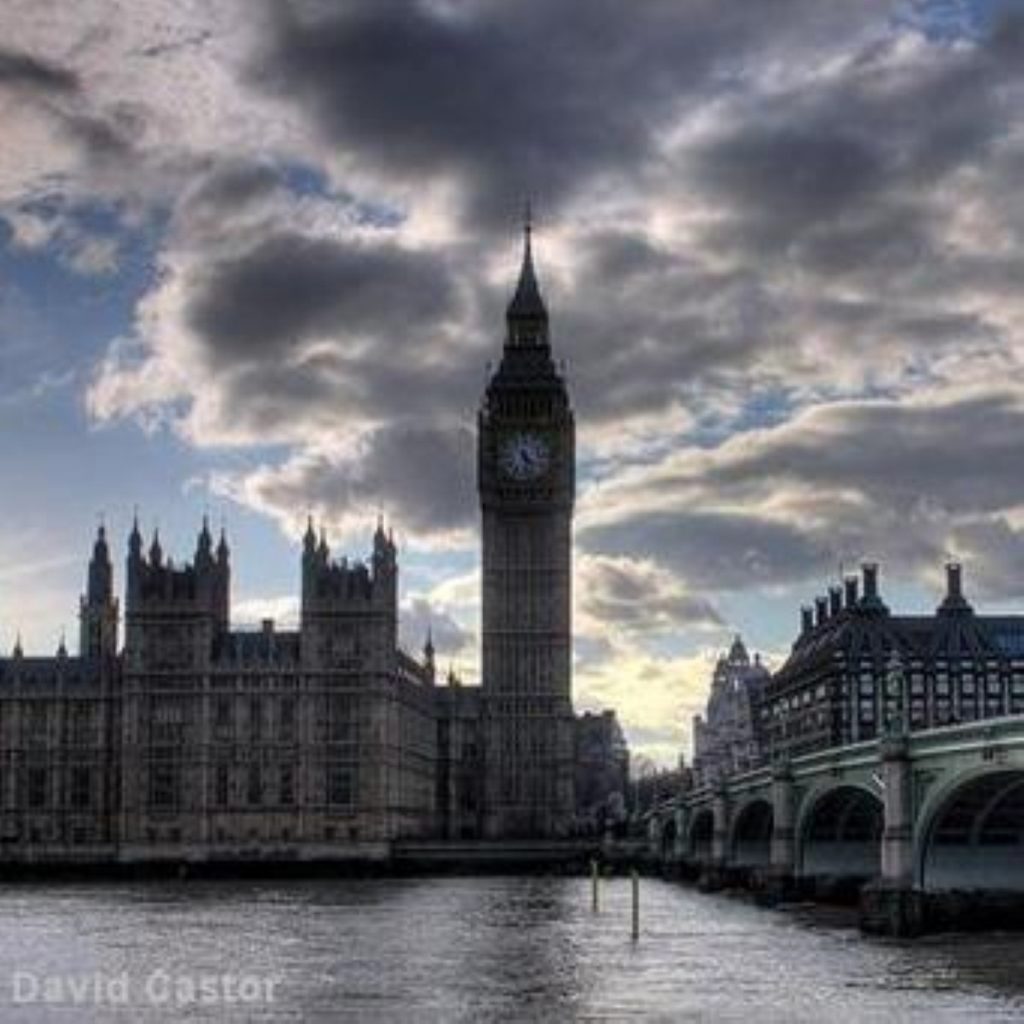Nowhere to hide: Tories confront gay marriage split
Bitter Tory infighting will come to a head later, when the coalition's gay marriage bill is debated in the Commons for the first time.
Over 120 Conservative backbenchers are expected to reject the views of their party leader David Cameron and vote against the plans, which would see same sex couples able to marry on the same legal basis as heterosexual couples as soon as this summer.
A further 60 are set to abstain and a handful of Cabinet ministers are also set to depart from the coalition's view.
But Cameron and Nick Clegg received a boost when it emerged work and pensions secretary Iain Duncan Smith, who was thought to have been deeply uncomfortable with the change, would vote for the legislation.


Foreign secretary William Hague, chancellor George Osborne and home secretary Theresa May took the unusual step of penning a joint letter outlining their support for the reform on the day of the debate.
"Civil partnerships for gay couples were a great step forward, but the question now is whether it is any longer acceptable to exclude people from marriage simply because they love someone of the same sex," the holders of the three great offices of state wrote in an open letter to the Telegraph newspaper.
"Marriage has evolved over time. We believe that opening it up to same-sex couples will strengthen, not weaken, the institution."
That view is disputed by Tory backbenchers who fear marriage's role assisting heterosexual couples bring up children will be undermined, however.
David Burrowes, a leading opponent of the government's changes, told politics.co.uk he believed the "primary purpose and role" of marriage was being lost sight of.
"Are we recognising why society and the church has been supporting the social institution of marriage that has been based around the complimentary role of a man and a woman?" he asked.
"The point of it, the wider in principle argument, is it's not just an issue of the legal individual rights of adults.
"The debate seems to be about the value of adulthood and gay adults, but actually marriage has been predicated on the value of parenthood."
He said "many colleagues" would have preferred the Conservatives to back tax breaks for married couples, as was put forward in the party's 2010 general election manifesto.
That measure will not feature in March's Budget, it has emerged, increasing the chances of intense bitterness from some Tories in this afternoon's debate.
"It's going to be seen as a rather quaint debate in 50 years' time, I suspect," Ipsos Mori chief executive Ben Page told the Today programme.
He suggested the issue was not particularly prominent in voters' minds and would become "generally accepted" over the course of time.
With support from the vast majority of Labour and Liberal Democrat MPs, the legislation is not expected to encounter any serious obstacles as it progresses through the Commons.
"I'll be voting for equal marriage in the House of Commons and I'll be doing so proudly," Labour leader Ed Miliband said.
He underlined the difference between his party's approach and that of Tory divisions by adding: "I will be doing so in a proud Labour tradition which saw us repeal Section 28, equalise the age of consent, introduce new rules on adoption and introduce civil partnerships.
"I'll be voting for equal marriage for a very simple reason: I don't think that the person you love should determine the rights you have. That's why I'll be voting for equal marriage, along with the rest of the shadow Cabinet."












